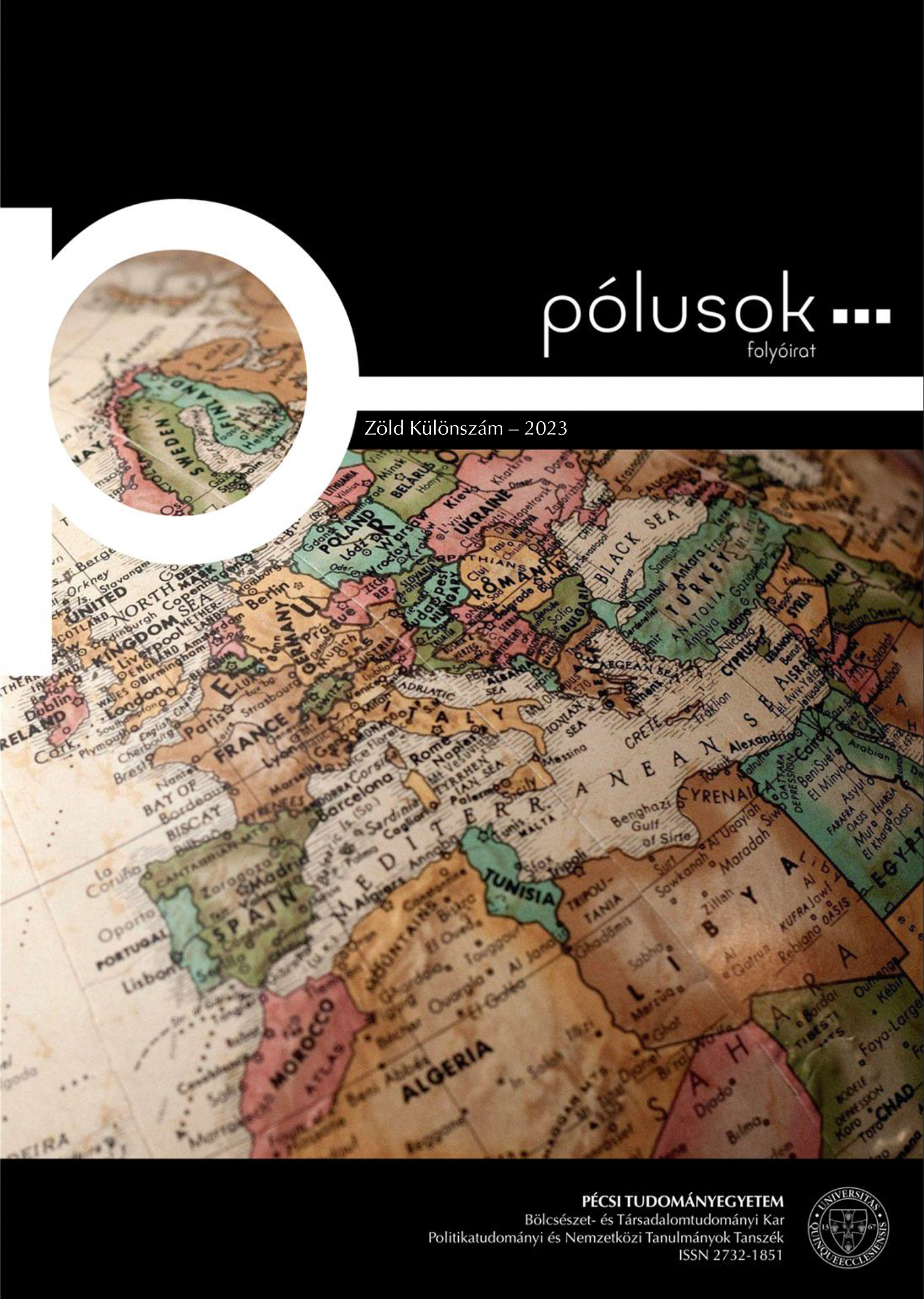Innovative community solutions in the capital and the countryside
DOI:
https://doi.org/10.15170/PSK.2023.SI.04Keywords:
community intervention, urban communities, social garden, Budapest Bike Maffia, Balokány ParkAbstract
In democratic political systems, community development and urban development are symbiotic concepts. The latter can be basically successful if the decision-makers strive to involve the affected population as optimally as possible in the preparation of the decisions and then in the implementation of the developments. This can range from the renewal and complex development of an entire city district to small-scale, spot-on intervention, as can the degree and direction of the involvement. Behind the possibility of physical change is also an aspiration that affects the life of the community that uses the constructed environment. If the interests of the local population meet the aspirations of the city administration, in order to create a more sustainable, greener, livable and adaptive envi-ronment, it can lead to progressive and effective cooperation. The paper presents the possibilities of community involvement and settlement development through case studies from Budapest and Pécs.
Downloads
Published
How to Cite
Issue
Section
License

This work is licensed under a Creative Commons Attribution-NonCommercial-ShareAlike 4.0 International License.











